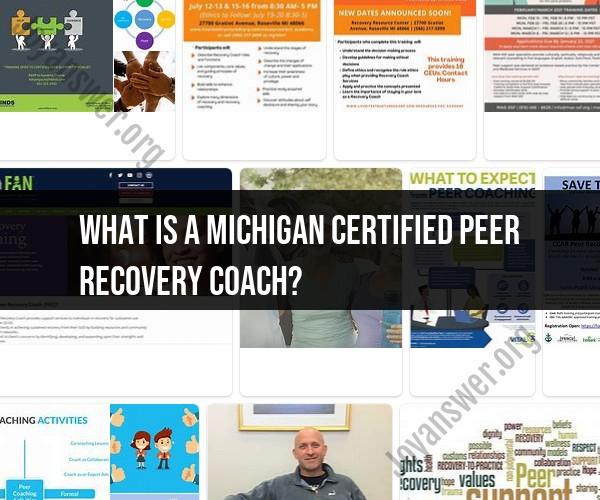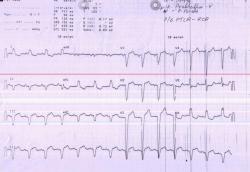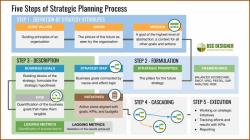What is a Michigan certified peer recovery coach?
A Michigan Certified Peer Recovery Coach (CPRC) is a professional in the field of addiction and substance abuse recovery support. They play a crucial role in assisting individuals who are in recovery from addiction or substance abuse disorders. Here are some key aspects of the role of a Michigan CPRC:
Peer Support: A CPRC is typically in recovery themselves, which allows them to provide peer support to individuals who are also in recovery. They offer empathy, understanding, and shared experience to help individuals navigate the challenges of recovery.
Advocacy: CPRCs advocate for the needs and rights of individuals in recovery. They can help connect individuals with appropriate treatment and support services, assist with accessing resources, and address any barriers to recovery.
Education: CPRCs provide education about addiction, recovery, and the available support systems. They help individuals and their families understand the nature of addiction, treatment options, and strategies for maintaining recovery.
Relapse Prevention: CPRCs assist individuals in developing relapse prevention strategies. They work with clients to identify triggers, develop coping skills, and create plans for managing cravings and stress.
Goal Setting: CPRCs help individuals set and achieve their recovery goals. This may include finding stable housing, obtaining employment, repairing relationships, and improving overall well-being.
Supportive Listening: One of the essential roles of a CPRC is to provide a non-judgmental and supportive ear. They listen to individuals' concerns, fears, and successes and offer emotional support.
Ethical Guidelines: CPRCs follow ethical guidelines and maintain confidentiality. They adhere to professional standards and codes of conduct to ensure the well-being and privacy of the individuals they serve.
To become a Michigan Certified Peer Recovery Coach, individuals typically need to complete specific training and certification requirements established by the state of Michigan. The certification process ensures that CPRCs have the necessary knowledge and skills to effectively support individuals in recovery.
It's important to note that the role of a CPRC is not a substitute for clinical or medical treatment. Instead, it complements and enhances the recovery process by providing valuable peer support and guidance. The CPRC's lived experience in recovery often makes them relatable and effective in helping others achieve and maintain sobriety.












